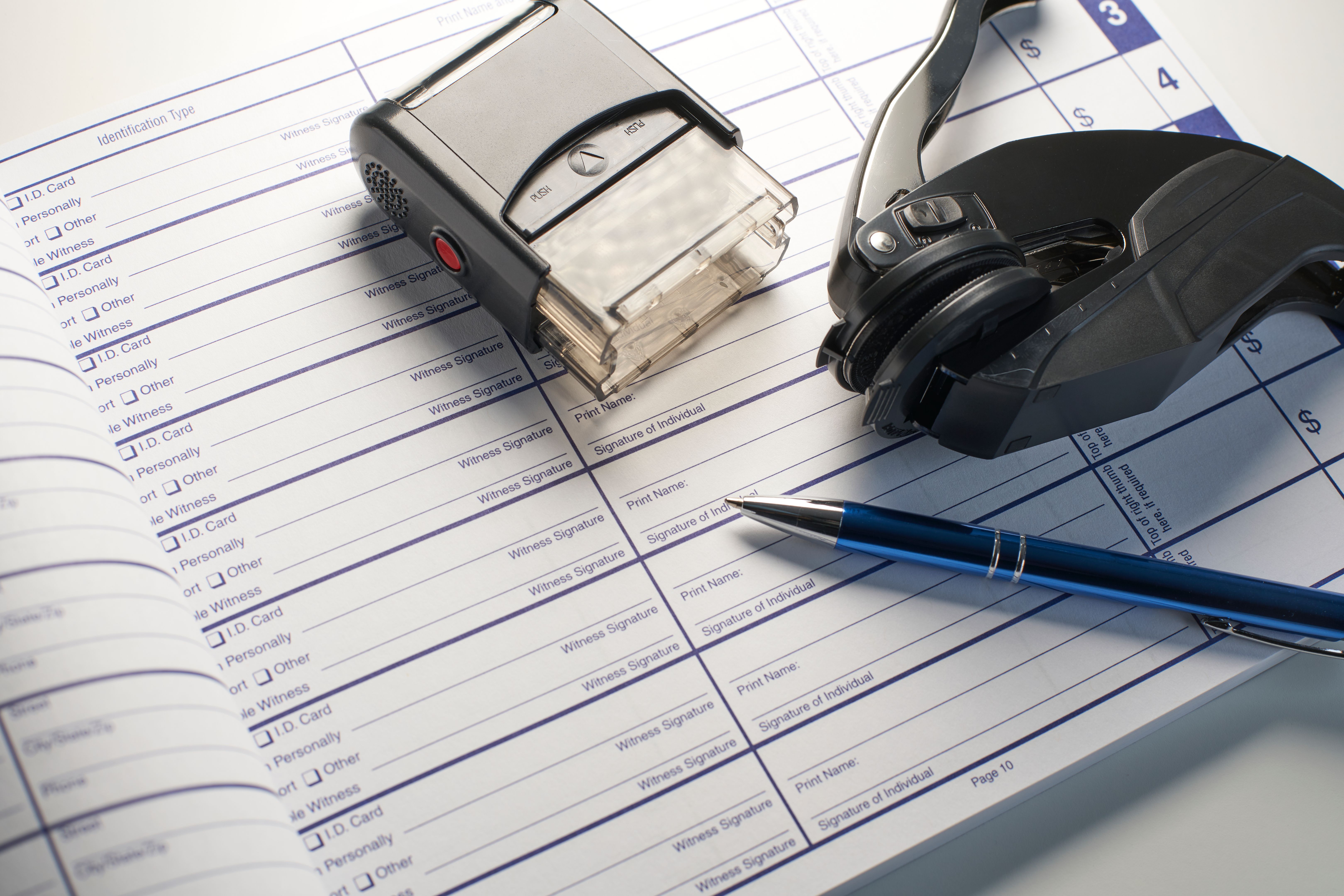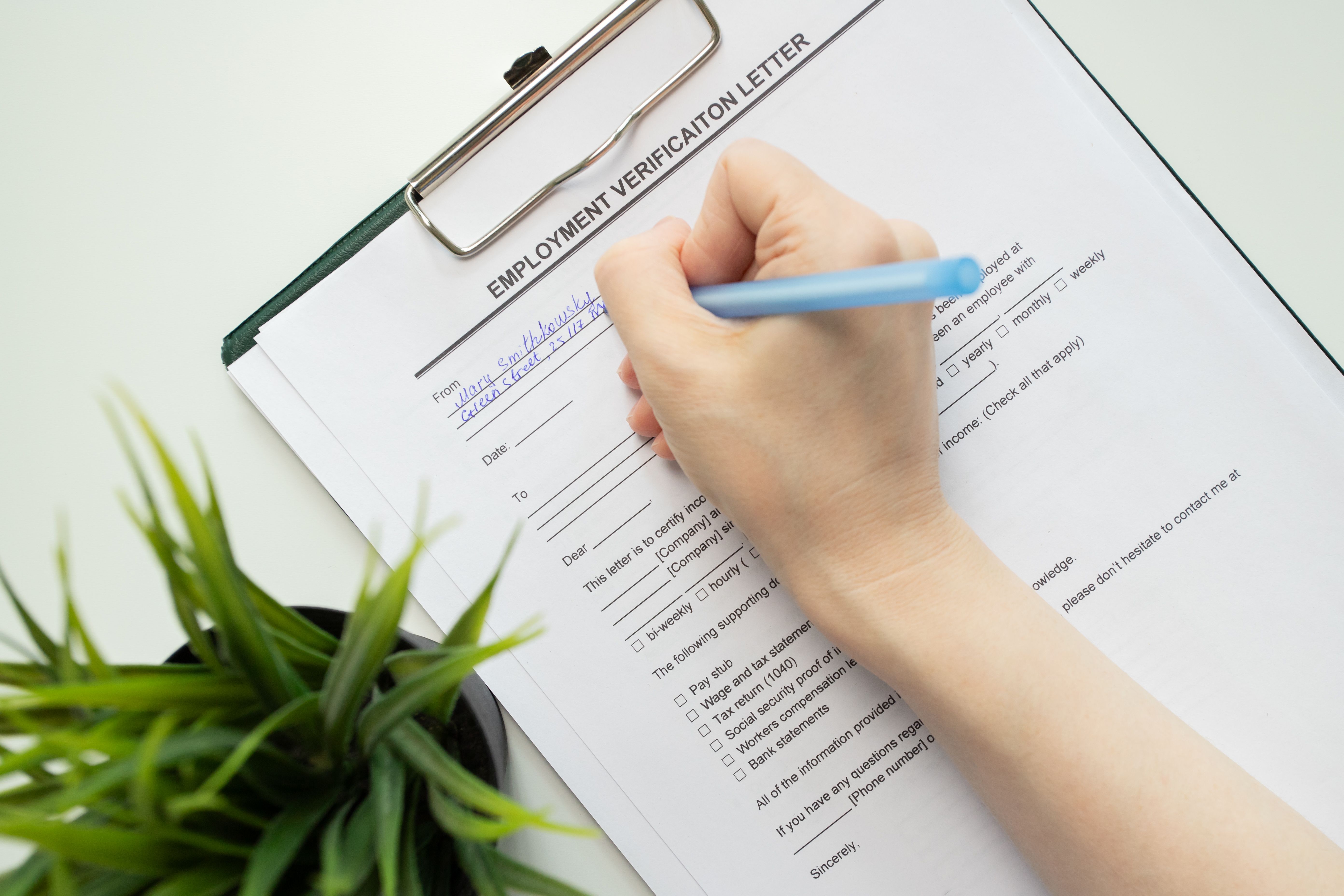The Importance of Notaries in I-9 Form Employment Verification
Understanding the I-9 Form
The I-9 Form is a critical part of the U.S. employment process. It's used to verify the identity and employment authorization of individuals hired for work in the United States. Employers are required by law to ensure that every employee completes this form upon hiring. Proper completion and verification of the I-9 Form not only comply with federal regulations but also protect businesses from potential legal issues.
However, the process of completing and verifying an I-9 Form can be intricate. This is where the role of a notary becomes crucial, especially for companies with remote employees or those who lack a dedicated human resources department.

The Role of Notaries in I-9 Verification
Notaries play a vital role in the I-9 verification process by serving as authorized representatives for employers. They are responsible for ensuring that the documents presented by the employee are genuine and relate to the person presenting them. This task requires a keen eye for detail and a thorough understanding of acceptable documents under I-9 requirements.
It's important to note that notaries do not notarize the I-9 Form itself. Instead, they act as an employer's agent to complete Section 2 of the form, which involves physically examining the original documents presented by the employee. This distinction is crucial in ensuring compliance with federal laws.
Ensuring Compliance and Accuracy
One of the primary benefits of involving a notary in the I-9 verification process is ensuring compliance and accuracy. Notaries are trained to identify fraudulent documents and have the expertise to verify the authenticity of identification papers. This expertise helps protect employers from fines and penalties associated with non-compliance or improper verification.

Moreover, notaries can provide a reliable third-party verification service, which is especially beneficial for businesses that operate across multiple states or have remote employees. By using a notary, companies can streamline their onboarding process while maintaining compliance with federal regulations.
The Benefits of Remote I-9 Verification
In recent years, remote work has become increasingly common, prompting a need for remote verification processes. Notaries can facilitate remote I-9 verification through services like video conferencing, ensuring that even geographically dispersed teams can meet compliance requirements efficiently.
Remote I-9 verification not only supports flexibility and convenience for both employers and employees but also reduces the time and resources spent on traditional in-person verification processes. This adaptability is particularly valuable in an era where remote work is becoming the norm rather than the exception.

Choosing the Right Notary Service
When selecting a notary service for I-9 verification, it's important to choose one with a strong reputation and experience in handling employment verification. Look for notaries who are familiar with immigration laws and understand the nuances of different identification documents.
Moreover, consider services that offer digital solutions, such as electronic document handling and cloud storage, to further streamline the verification process. These features can enhance security and efficiency, providing peace of mind for both employers and employees.
In conclusion, notaries play an essential role in ensuring that I-9 employment verification is conducted accurately and in compliance with federal regulations. By leveraging their expertise, businesses can protect themselves from legal repercussions and maintain a seamless onboarding process, even in a remote work environment.